Taxpayers who are unable to pay their Self-Assessment (SA) tax bill could potentially ease the burden of their liabilities by entering into a Time to Pay arrangement with HM Revenue & Customs (HMRC).
If eligible to do so, you can set up a Time to Pay arrangement using your Government Gateway account, whereby you settle your bill in instalments. To be eligible, you must:
- Have filed your latest tax return;
- owe less than £30,000;
- be within 60 days of the payment deadline; and,
- plan to clear your debt within the next 12 months or sooner.
Caroline, Portfolio Manager at George Hay, comments: “We know from HMRC’s own figures that the Time to Pay service has been in demand, in the wake of the pandemic, as many self-employed business owners seek to spread the cost of their tax bill.
“It would be naïve to believe that, even as we appear to be in the ‘recovery phase’, concerns about affordability are no more.
“HMRC’s Time to Pay service represents valuable breathing space for those taxpayers worrying about how they are going to pay what is due, enabling them to create a bespoke payment plan and manage their liabilities without needing to speak directly to HMRC, where the bill is worth up to £30,000.
“As agents, we cannot arrange Time to Pay arrangements on a taxpayers behalf, but we remain available to support you in any way that we can. Even if we’re unable to take action for you, we will do our best to set you on the right path to meeting your obligations, in a way that safeguards your best interests.”
What you will need to make a Time to Pay arrangement
- The relevant reference number for the tax you cannot pay, such as your unique taxpayer reference number (UTR)
- Your VAT registration number if you are a business
- Your bank account details
- Details of any previous payments you have missed
In order to establish exactly what you can afford, HMRC are likely to ask you:
- How much you can repay each month
- If you are able to pay in full
- If there are other taxes you need to pay
- How much income you receive
- What your monthly expenditure comprises
- Whether you have savings or investments and, if so, what these are
It’s important to understand that, if you do have savings or other assets, HMRC will look to you to use these as a means of reducing your debt as much as possible.
If you have received independent debt advice, from Citizens Advice for example, you may have a ‘Standard Financial Statement’ at your disposal. HMRC will accept this as evidence of what you have coming in and going out each month.
The amount you will be asked to pay each month is based on the funds remaining after rent, food and utility bills and fixed outgoings have been covered and will typically equate to half of whatever is left.
Bear in mind that, where you owe in excess of £30,000 or where you need significantly longer to pay, you should contact HMRC directly via the Self-Assessment payment helpline on 0300 200 3822.
Supporting you with Self-Assessment obligations
From our years of experience as trusted chartered accountants and business advisers, we know that meeting your Self-Assessment obligations and paying your tax bill can be the source of unwelcome pressure, no matter how many times you’ve been through the process.
We want nothing more than to allay your concerns, ensure you are compliant and see that you are able to go about your business with a clear understanding of your liabilities, and a fool proof plan to take care of them.
To put your self-assessment tax return firmly in the hands of our expert team, contact us today.









